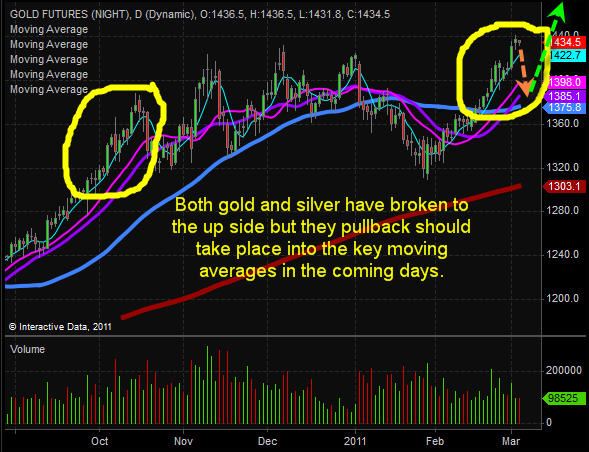Alright, folks, let’s talk Apple. The market’s starting to sweat, and rightfully so. We’ve got two firms – a rarity, mind you – slamming Apple with downgrades after their latest earnings report. This isn’t just a minor blip; it’s a flashing red light.
Jefferies, I mean Jefferies – those aren’t wallflowers – dropped their rating to ‘Underperform’. Analyst Edison Lee bluntly states that while the earnings met expectations (barely!), the tariff issue isn’t going away. In fact, it’s gonna get worse, grinding down those sweet, sweet profits.
And Rosenblatt Securities didn’t hold back either, dialing down their rating from ‘Buy’ to ‘Neutral’.
Let’s break down why this matters, beyond just the stock price.
Understanding Investment Ratings: Ratings like ‘Buy’, ‘Hold’, and ‘Sell’ (or ‘Underperform’, ‘Neutral’) are institutional investors’ signals. Downgrades often trigger selling pressure as funds rebalance their portfolios.
The Tariff Threat: Tariffs are essentially taxes on imported goods. Apple, with its massive supply chain relying heavily on China, is particularly vulnerable. Increasing tariffs directly eat into their margins.
Growth Concerns: The biggest worry here isn’t just immediate profits, it’s future growth. Can Apple innovate fast enough to offset the headwinds from trade tensions and a maturing smartphone market? That’s the million-dollar question.
What does this mean for investors? It’s time to be realistic. Apple isn’t immune to economic realities. While a long-term hold might still be viable for some, these downgrades are a stark reminder to assess your risk tolerance and portfolio strategy. This isn’t the time for blind faith; it’s time for calculated moves.







